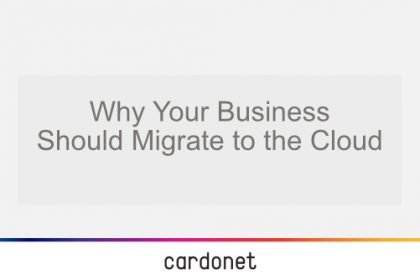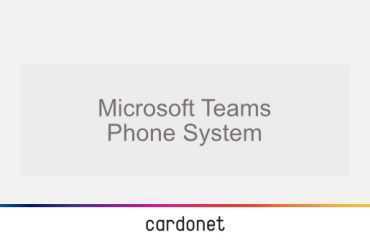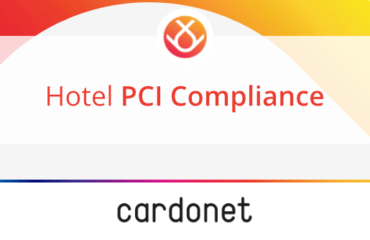
In this series of articles, we will be exploring the Cloud: what exactly is the cloud? Why should your business migrate to the cloud? How does one go about choosing a cloud provider? Over the coming weeks, we will be answering these questions and discussing features and qualities of the cloud.
What is the cloud?
Cloud computing has become increasingly popular over the last few years. Businesses, both large and small, have been adopting the cloud due to the many benefits it provides. Essentially, cloud computing is a remote hosting server which enables you to access software via the internet. It is a mechanism for storing and sharing data which is then accessible at any time from virtually anywhere in the world. Cloud computing is typically sold using three service models:
- Infrastructure as a Service (IaaS) – a model for renting out hardware, such as servers and data centres. It will include services such as networking and security features. It is an economical solution for many businesses because it removes the need for on-site hardware, which subsequently means that maintenance and replacement costs are eliminated
- Platform as a Service (PaaS) – provides a platform where users can build applications and services. Frequently used by software and web developers because it offers the same services as IaaS with the additional offerings of development tools and database management among others.
- Software as a Service (SaaS) – provides a model for licencing and delivering centrally hosted software, such as, email, calendars, web conferencing tools and other office tools that can be accessed via the internet by employees. This helps to create a more cohesive work environment as employees are informed by a single platform.
Cloud based solutions can be hosted on public, private or hybrid clouds:
- Public Clouds – this is the most common type of cloud service. This is where the cloud resources, such as servers and storage are owned and hosted by a third party. Amazon Web Services (AWS), Microsoft Azure and Google Cloud Platform (GCP) are all examples of public clouds. Benefits include unlimited scalability, reliability and high level security, although there is less control than a private cloud.
- Hybrid Clouds – combine elements of both private and public clouds. An organisation can choose how to use each aspect; for example, they may decide to keep sensitive, confidential information on the private cloud and use the public cloud for everything else. Using a hybrid cloud is useful for transitioning your business to the cloud slowly. It also offers increased flexibility and control over your data.
- Private Clouds – allow a company to use their existing infrastructure to create a cloud used exclusively by them. Servers are maintained on a private network, giving the user more control over it. However, it can also be costly and time-consuming to maintain.
Of course, there are disadvantages to consider, too. If you are using a public cloud service, you need to ensure exactly what sort of data you rare allowed to store on it. Compliance requirements may mean that some sensitive data must be kept on a private cloud. You also have reduced control over your data: some of it may be stored on the provider’s server and you won’t own cloud-based software outright. It is therefore important to understand which responsibilities fall to you and which fall to the service provider. Additionally, there is a broader threat of cyber-attack, however all cloud providers have reliable, high-level security. It is also important to correctly train your employees to use the cloud safely and securely; create rules about sharing data, updating passwords and using mobile devices.
In the following weeks we will be exploring the benefits of migrating to the cloud in depth. If your business is ready to migrate to the cloud, call us on +44 203 034 2244 or +1 323 984 8908. Alternately, you can contact us online. We will be happy to help you overcome your IT challenges. We have engineering bases in the United Kingdom, Europe and Southern California and our group of highly experienced engineers are available 24/7 to assist and ensure your business’ IT infrastructure is running seamlessly.



You must be logged in to post a comment.